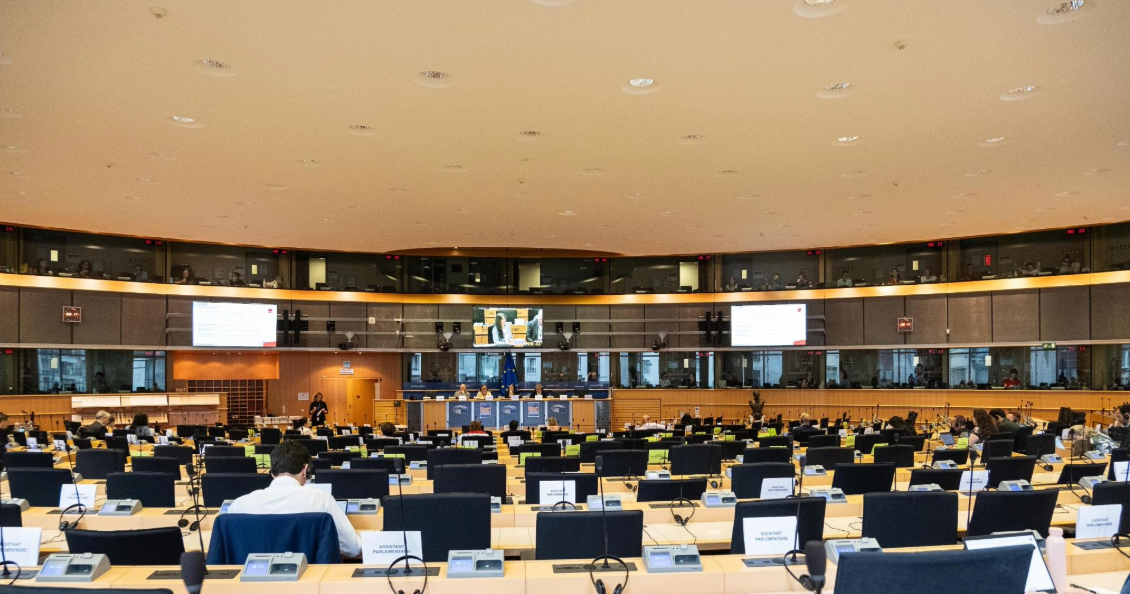As the Council of Global Unions calls for Covid-19 be , the experience of postal workers in Spain shows why this classification would be crucial in improving the health and safety of workers during the coronavirus pandemic.
According to figures released on 13 April by Spanish postal service, Correos, 836 workers had tested positive for the virus, while 2,197 were in quarantine, making postal workers the second highest impacted sector in Spain after healthcare at the time.
UNI Global Union’s Spanish affiliates CC.OO and FeSP-UGT, which represent postal workers, say that for two weeks after an emergency lockdown was declared on 16 March, workers were expected to continue their jobs without being provided even basic protection, including gloves, masks and hydroalcoholic gel.
“The controls and prevention measures by Correos were initially very relaxed because in the first days, after a State of Emergency was imposed in Spain, the president of Correos tried to put the post office’s business considerations above the right to health protections for workers,” says José Sayagués, from FeSP-UGT union.
Categorizing Covid-19 as an occupational disease would force employers to put the necessary health and safety protections in place to protect workers – or risk penalties – and give employees the right to refuse unsafe work.
Correos has blocked the release of further figures on coronavirus infections, which unions say is an effort to hide the true scale of the problem.
A postal worker who wishes not to be named because of fear of reprisal told UNI that, “The dead from this pandemic are the silent victims that we must hide so as not to create alarm.”
While union demands have led to improved safety protections in Spanish post offices since the beginning of the outbreak, they are still inadequate.
“Correos is not applying the right security measures in terms of distancing and organizing workers’ shifts to ensure enough separation to prevent the spread of COVID-19. Disinfection of workplaces and vehicles is not being carried out with sufficient regularity, except when a potential infection is discovered,” adds Sayagués.
Furthermore, as negotiations with the unions to resume further operations are underway, Correos is putting workers under pressure by claiming that they will have trouble to pay next month’s salaries, which unions say is false. Correos is seeking to return to normal activity to satisfy the demands of big clients such as Amazon and Ali Express. However, postal unions are adamant that before any business activity is resumed, the protection of workers must be guaranteed.
Recognizing Covid-19 as an occupational disease would mean that employers would have to prove that workers did not catch the virus at work, including travelling to and from the workplace.
UNI General Secretary, Christy Hoffman, said:
“There’s no doubt that postal workers in Spain and around the world face increased exposure to coronavirus as they carry out an essential service in keeping us connected. Recognizing Covid-19 as an occupational disease would put the need for the highest safety standards into sharp focus and we call on companies to follow our Covid-19 guidelines for the postal sector to protect workers from infection.”
Find out more about UNI’s Covid-19 guidelines for the post and logistics sector here.
Photo: Flickr/Antonio Gil


